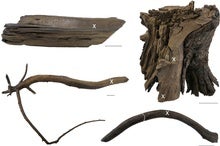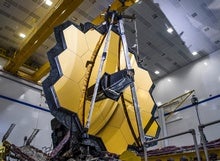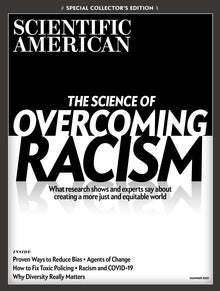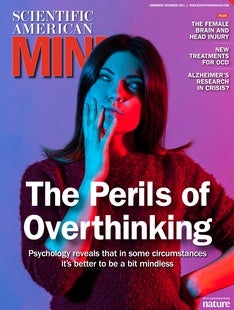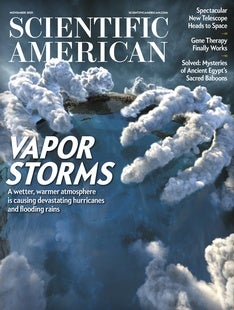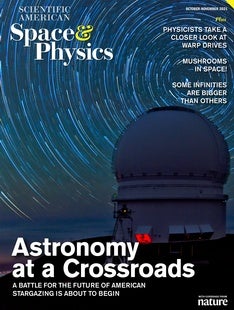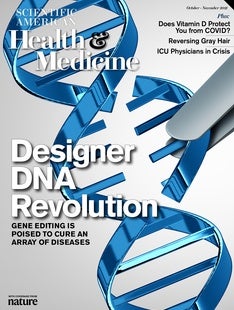 |
| October 29, 2021 |
 |
| |
| |
| |
| Sponsor Content Provided by AstraZeneca Meet the 2021 C2 Awards Honorees Redefining cancer care takes a community. The third annual Cancer Community Awards (or C2 Awards) celebrate the grassroots changemakers on the frontlines of cancer care. Meet this year’s honorees and learn more at YourCancer.org. | | | | |
| |
| |
| |
| |
| |
| |
| |
| |
| |
FROM THE STORE
 | | | |
| |
BRING SCIENCE HOME
 | | Strength in Numbers: Spaghetti Beams |  Will it bend or will it break? Learn how engineers study materials for use in the construction of bridges and buildings. Build your own bridge out of strands of pasta and see how strong it can be! Credit: George Retseck | Have you ever helped cook a pot of spaghetti? Strands of spaghetti are pretty long, so sometimes people break them in half so they more easily fit into the pot. How exactly does spaghetti break? And what does this have to do with science? It turns out engineers and materials scientists study how materials break when they are bent. Although professional engineers might be more concerned with steel beams in a bridge, you can do a fun experiment with pasta in your kitchen! | |  | |
LATEST ISSUES
 |
| |
| Questions? Comments?  | |
| Download the Scientific American App |
| |
| |


.jpg)
